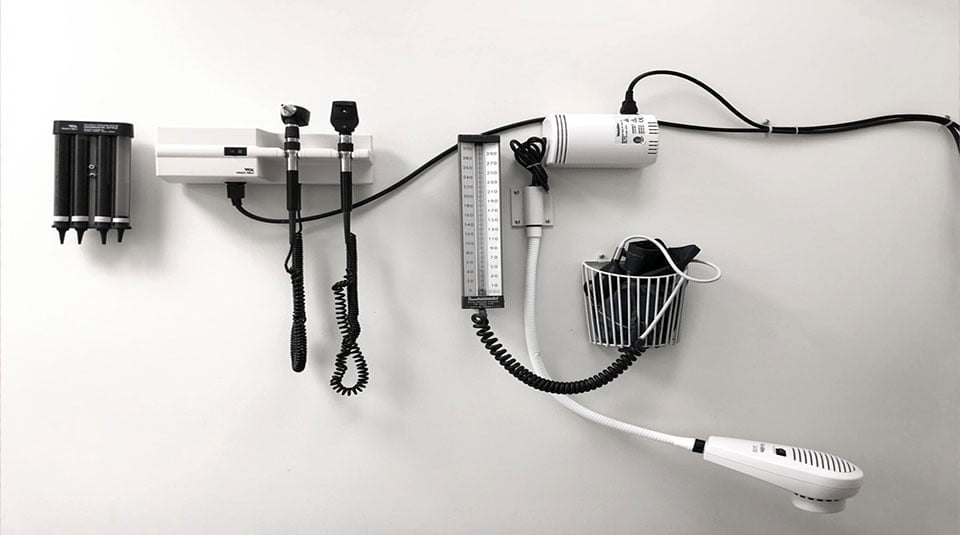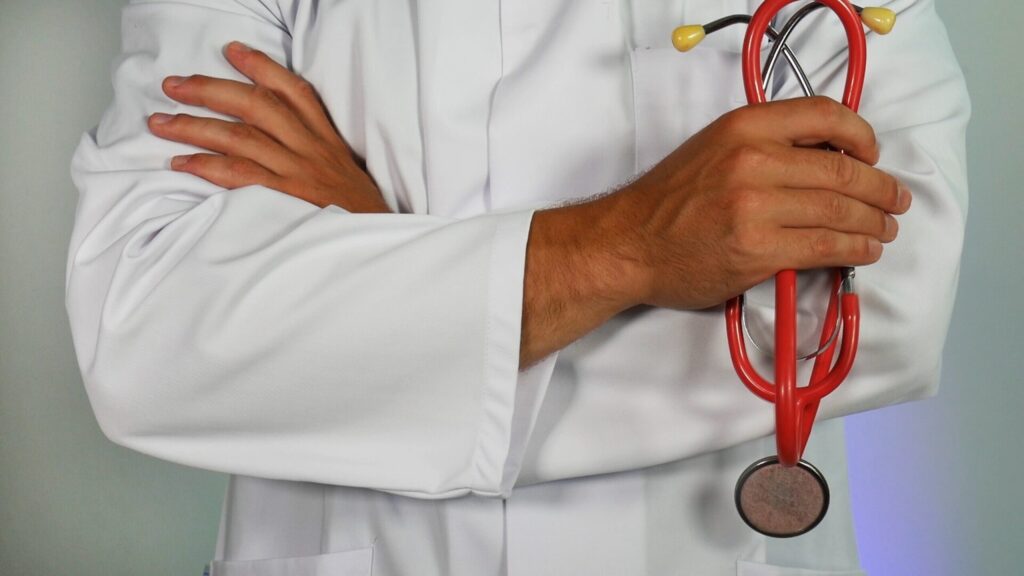
Regular physical exams are an essential part of maintaining good health and preventing illness. During a primary care check-up, your doctor will conduct a thorough examination to assess your overall health and identify any potential health issues. In this post, we will discuss the importance of physical exams and what you can expect during your primary care check-up.
Physical exams play a critical role in preventing and managing chronic illnesses, such as heart disease, diabetes, and cancer. They also provide an opportunity for your doctor to check your vital signs, such as blood pressure and heart rate, and screen for potential health risks. Additionally, a physical exam allows your doctor to check for signs of illness or injury and provide guidance on how to maintain good health.
During a primary care check-up, you can expect to discuss your medical history and any current symptoms or concerns. Your doctor will also perform a physical examination, which may include a review of your vital signs, examination of different body systems, such as the cardiovascular and respiratory systems, and any necessary screenings or tests. The exam is also an opportunity for you to ask any questions you may have about your health and get advice on how to stay healthy.
What happens during a physical exam:
During a physical exam, your doctor will conduct a thorough examination to assess your overall health and identify any potential health issues. The process usually starts with a review of your medical history and any current symptoms or concerns. After that, your doctor will perform a physical examination, which may include the following:
- Vital signs:
Your doctor will take your blood pressure, heart rate, and temperature, as well as measure your height and weight. These measurements provide a snapshot of your overall health and can help identify potential health risks.
- Examination of different body systems:
Your doctor will examine different systems of your body, such as the cardiovascular and respiratory systems, to check for signs of illness or injury.
- Screenings and tests:
Depending on your age, sex, and overall health, your doctor may order screenings or tests such as blood tests, urine tests, or imaging studies to check for potential health risks.
- Review of any symptoms or concerns:
Your doctor will ask questions about any symptoms or concerns you may have and provide advice on how to address them.
All of these aspects of the exam are important for overall health, and help the doctor to identify any potential health issues early, and provide guidance on how to maintain good health. Early diagnosis and treatment of health conditions can improve outcomes and prevent complications.
Physical exams also provide an opportunity for you to ask your doctor any questions you may have about your health and get personalized advice on how to stay healthy.
The role of the primary care provider:
During a physical exam, your primary care provider plays a critical role in coordinating your care and identifying potential health issues. A primary care provider is a healthcare professional who is responsible for providing ongoing care for a patient, including preventative care, diagnosis, and treatment of common illnesses. They are typically the first point of contact for patients seeking healthcare and manage their overall well-being.
One of the main roles of a primary care provider is to act as a gatekeeper to the healthcare system. They are responsible for coordinating care with specialists and other healthcare professionals, if necessary. They also help you manage any chronic health conditions and provide guidance on how to maintain good health.
Primary care providers also play an essential role in preventative care. They provide regular check-ups, screenings and tests to detect potential health issues early. They also provide guidance on healthy lifestyle choices, such as diet, exercise, and stress management. This preventative care helps to reduce the risk of developing serious health conditions and improve overall health outcomes.
Overall, your primary care provider is a key member of your healthcare team, who provides ongoing care and support for your physical and mental well-being. They help you to navigate the healthcare system, coordinate care with other healthcare professionals, and provide guidance on how to maintain good health.
Preparing for your physical exam:
Preparing for your physical exam can help you get the most out of your appointment and ensure that your doctor has all the information they need to provide the best possible care. Here are some tips to help you prepare for your physical exam:
- List any questions or concerns you have before proceeding. This will help you remember to ask them during the appointment and ensure that all your concerns are addressed.
- Make a list of any medications, vitamins, or supplements you are currently taking. This information will help your doctor understand any potential interactions or side effects.
- Wear comfortable, loose-fitting clothing. This will make it easier for your doctor to examine you and perform any necessary tests.
- Furnish a list of any allergies you may have.
- If you have any recent test results, bring them with you to the appointment.
- Be honest and open with your doctor. It’s important to be honest about your symptoms and any health concerns you may have, even if you think they may be insignificant.
By following these tips and being prepared for your appointment, you can ensure that you get the most out of your physical exam and that your doctor has all the information they need to provide the best possible care.
In conclusion, regular physical exams are an essential part of maintaining good health and preventing illness. They provide an opportunity for your doctor to check your vital signs, screen for potential health risks, and check for signs of illness or injury. Your primary care provider plays a critical role in coordinating your care and identifying potential health issues. They also provide guidance on how to maintain good health and prevent chronic illnesses.
Preparing for your physical exam is important to ensure that your doctor has all the information they need to provide the best possible care. By writing down any questions or concerns in advance, making a list of any medications you’re taking, and being honest and open with your doctor, you can ensure that you get the most out of your appointment.
It’s important to schedule regular physical exams and take an active role in your own healthcare. By taking care of your health, you can reduce your risk of developing serious health conditions and improve your overall well-being.
Don’t hesitate to schedule an appointment with Johns Creek Primary Care if you have any concerns about your health. We are always here to help you.

